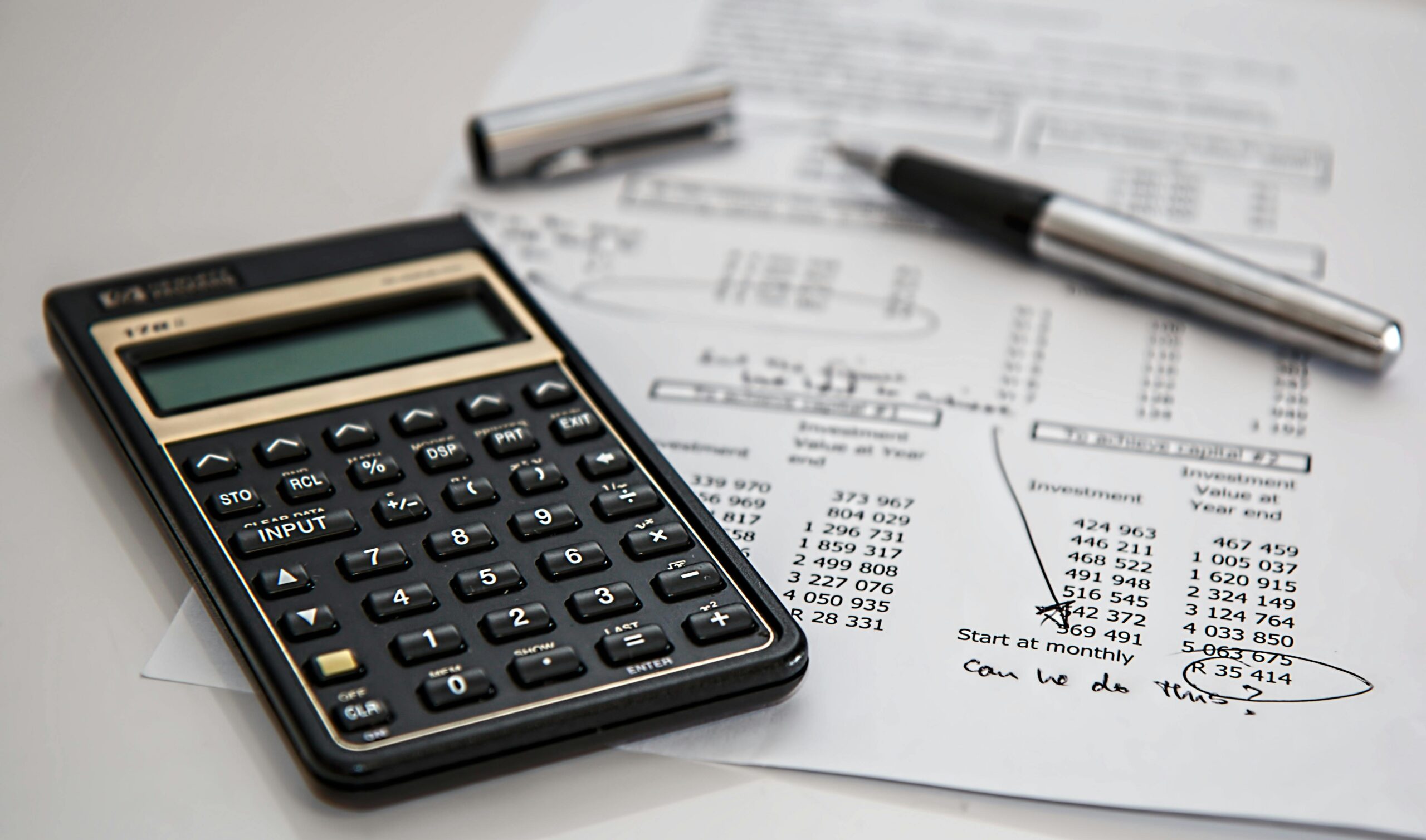For many small business owners, the terms “bookkeeping” and “accounting” are used interchangeably. While they are closely related, they represent two distinct and crucial functions for your financial health. Understanding the bookkeeping vs accounting difference is the first step toward building a strong financial foundation.
Think of it this way: bookkeeping is the recording of financial transactions, while accounting is the interpreting, classifying, analyzing, reporting, and summarizing of that financial data.
The Role of Bookkeeping in the Bookkeeping vs. Accounting Equation
Bookkeeping is the methodical process of recording all the day-to-day financial transactions of a business. It’s the foundation upon which accounting is built. A bookkeeper’s primary tasks include:
- Recording financial transactions (income and expenses).
- Posting debits and credits.
- Producing invoices.
- Managing payroll.
- Reconciling bank statements.
- Maintaining the general ledger.
Essentially, a bookkeeper ensures that the records of individual financial transactions are accurate, up-to-date, and comprehensive. This is a vital part of small business finance.
The Role of Accounting: Interpreting the Data
Accounting is a high-level process that uses the financial information compiled by the bookkeeper to produce financial models and reports. An accountant takes a big-picture view of the company’s financial health. Their duties include:
- Preparing adjusting entries.
- Analyzing business performance and costs.
- Completing tax returns.
- Providing financial forecasting and strategic planning.
- Ensuring compliance with financial regulations.
An accountant helps you understand what the numbers mean and how they can inform your business strategy.
Bookkeeping vs. Accounting: Which Service Do You Need?
Every business needs bookkeeping from day one. Without accurate records, you cannot perform accounting. The crucial debate of bookkeeping vs accounting often comes down to your business’s current needs.
- You need a bookkeeper for consistent, accurate recording of your daily financial life.
- You need an accountant for in-depth analysis, tax planning, and strategic financial advice.
Many businesses benefit from both. By using professional accounting services Australia from a certified practitioner, like one registered with CPA Australia, you ensure your day-to-day records are perfect and your long-term strategy is sound, boosting your overall financial literacy.





